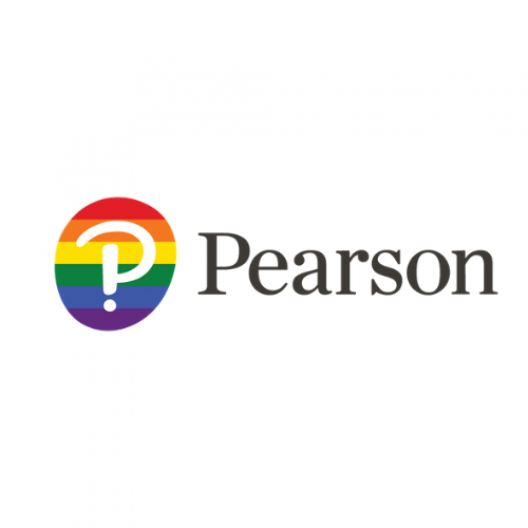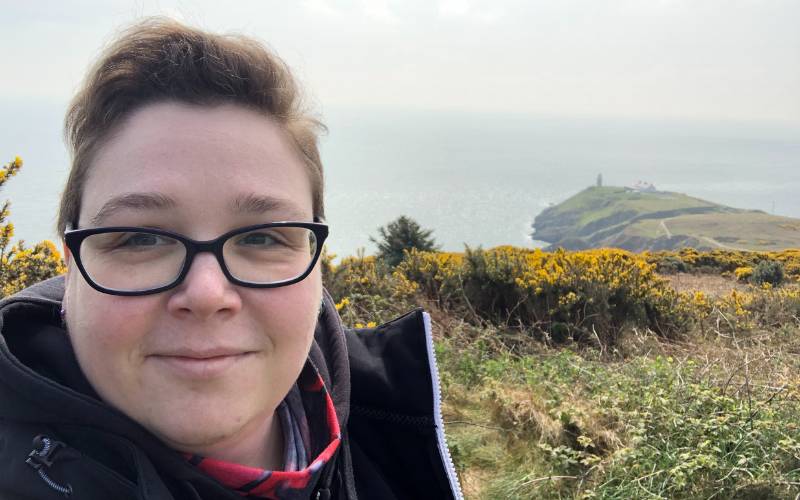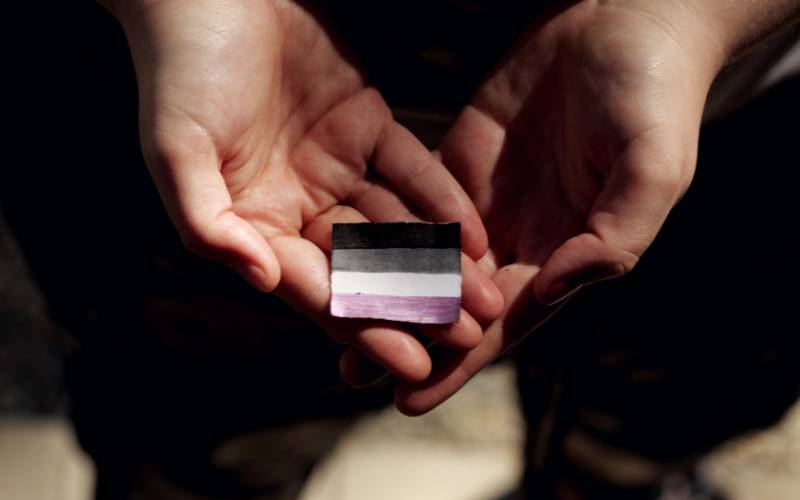
Kasia Smalara for Ace Week: “What I Want People to Realize Is That Not Dating Is Perfectly Okay”
Interviews
This week marks Ace Week, an annual campaign to raise awareness, create community and spark change for the ace community. Asexual - or ace - is an umbrella term for anyone who may have little interest in having sex, even though they still desire emotionally intimate relationships. Within the asexual community, there are many ways for people to identify, and it is an identity that, unfortunately, is still clouded with misinformation and stereotypes.
myGwork spoke to Kasia Smalara from Pearson about her experiences and what she wants to see change to create a world more accepting of ace identities.
Hi Kasia - thank you for talking to us! Can you share a bit about yourself?
Hi, I’m Kasia (she/they), and I identify as
asexual. I work in the EdTech industry as a specialist. I studied English
Language Teaching and History of the English Language at University and recently
completed a postgrad in Illustration and Comics. I’m a geek and an artist, and I
have a passion for concept art, music, gaming, and crochet.
Can you share a bit about your experiences
navigating your identity?
When I was growing up, there was very little talk of LGBTQIA+ identities in general; it was a topic considered largely taboo. Therefore, for a long time, I didn’t consider myself as anything but straight, maybe just shy and introverted. It was obvious to me that one day I’d meet a guy and start a family. It was only in my late twenties that I found out asexuality exists, and it happened completely by chance on the internet. It was scary at first, but suddenly a lot of my experiences made sense. Admittedly, it took me some time to fully accept who I am, but it ultimately provided me with relief and peace of mind.

Kasia shares her story accepting her ace identity
Did you have ace role models growing up?
As I mentioned, I didn’t know about
asexuality when I was growing up, and I don’t remember anyone mentioning it.
There were single people around, but were they ace? Impossible to say. They
would often live with their parents well into their adult years, and while it
wasn’t considered bad, it was seen as rather weird.
When it comes to media, I remember watching
shows and being disappointed when characters would be pushed into romantic
relationships. It happened to most of my favorite characters, and I felt there
were more important things for them to do! I think that’s why I tended to
gravitate towards shows for boys. These shows were usually more action-oriented and concentrated more on non-romantic relationships.
These days I can see a lot more representation – asexual people are visible on social media, there are asexual characters popping up in various books and series, and you can buy merch with asexual flags and colours. I’m grown up now, and I’m happy that younger people are discovering asexuality much earlier than I did.
Can you tell us a bit about dating as an
ace person?
I am actually an ace person who doesn’t date, and I’m happy being single. I have a great circle of family and friends whom I love dearly. Obviously, there are ace people who enjoy dating, and this is absolutely fine. I feel the community places a lot of emphasis on demonstrating that ace people can and do date. What I want people to realize is that not dating is perfectly okay. There should be no pressure for either dating or not dating. People should do whatever makes them happy.

Image source: Canva
What myths and misconceptions are there
around ace identities?
There are many, sadly, but I think the
biggest are: ace people don’t exist; asexuality is a choice and the same thing
as celibacy or abstinence; asexuality is a medical condition; and people
start claiming to be asexual because “no one wanted them.”
What would you like to see change in the
way society views ace people?
The visibility! Asexuality is sometimes called the invisible orientation. Many people still do not understand what it means to be asexual, and it usually falls to the ace person to explain and answer questions. As if coming out wasn’t stressful enough, the knowledge that you might need to do an ad hoc “Asexuality in a nutshell” presentation can cause extra anxiety.

